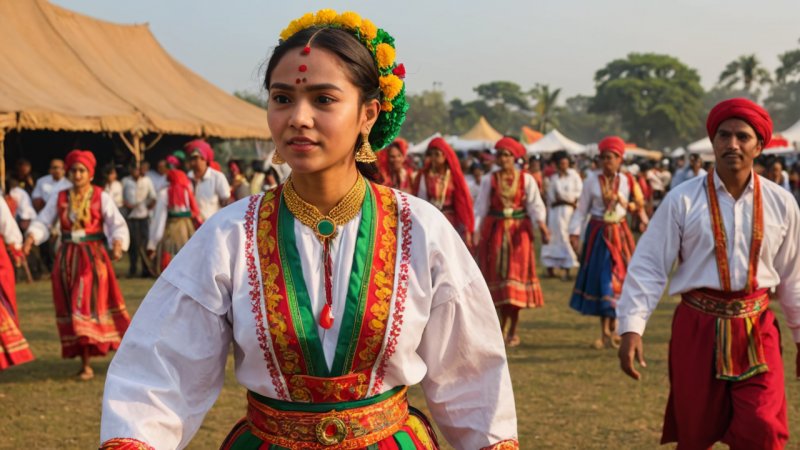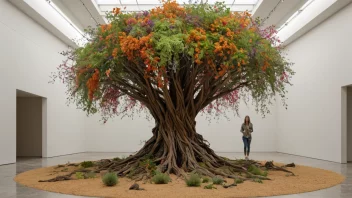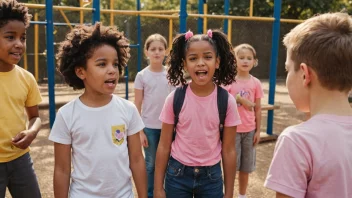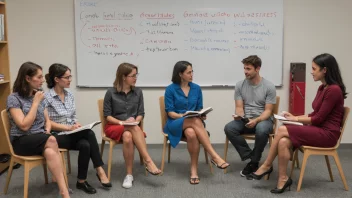Folklore plays a critical role in shaping cultural identity, providing communities with a sense of belonging and continuity. This rich tapestry of stories, traditions, and practices reflects the values, beliefs, and historical experiences of a group of people. Understanding the significance of folklore in cultural identity not only enhances our appreciation of diverse societies but also helps us recognize the common threads that bind humanity together.
At its core, folklore encompasses a wide range of expressions, including myths, legends, folktales, music, dance, and rituals. These elements serve as a means of transmitting knowledge and cultural heritage from one generation to the next. For many communities, folklore acts as a repository of wisdom, offering insights into the natural world and human relationships.
One key aspect of folklore is its ability to adapt and evolve over time. As societies change, so too do their stories and traditions. This adaptability ensures that folklore remains relevant, allowing it to resonate with contemporary audiences while still honoring its historical roots. For instance, traditional folktales may be reinterpreted in modern contexts, reflecting current social issues or technological advancements.
Folklore also plays a vital role in fostering a sense of identity among community members. It provides a shared narrative that strengthens bonds and promotes unity. In many cultures, communal storytelling events or festivals centered around folklore serve to reinforce these connections, allowing individuals to engage with their heritage and one another.
Moreover, folklore can be a powerful tool for social commentary. Through satire, parody, and allegory, folktales often critique societal norms and challenge injustices. This aspect of folklore empowers individuals to voice their concerns and aspirations, making it a dynamic force for cultural expression and social change.
In a globalized world, the preservation of folklore is more important than ever. As cultures intermingle, there is a risk of losing unique traditions and narratives. Efforts to document and revitalize folklore are essential in maintaining cultural diversity. Organizations and scholars dedicated to folklore studies work tirelessly to archive stories, conduct research, and promote awareness of the importance of these cultural expressions.
In conclusion, folklore is not merely a collection of old tales; it is a vital component of cultural identity that shapes communities and fosters connections. By understanding and appreciating the role of folklore, we can celebrate the rich diversity of human experiences while recognizing the universal themes that unite us. As we navigate an increasingly interconnected world, let us cherish and support the preservation of folklore, ensuring that future generations can continue to draw strength and inspiration from their cultural heritage.






